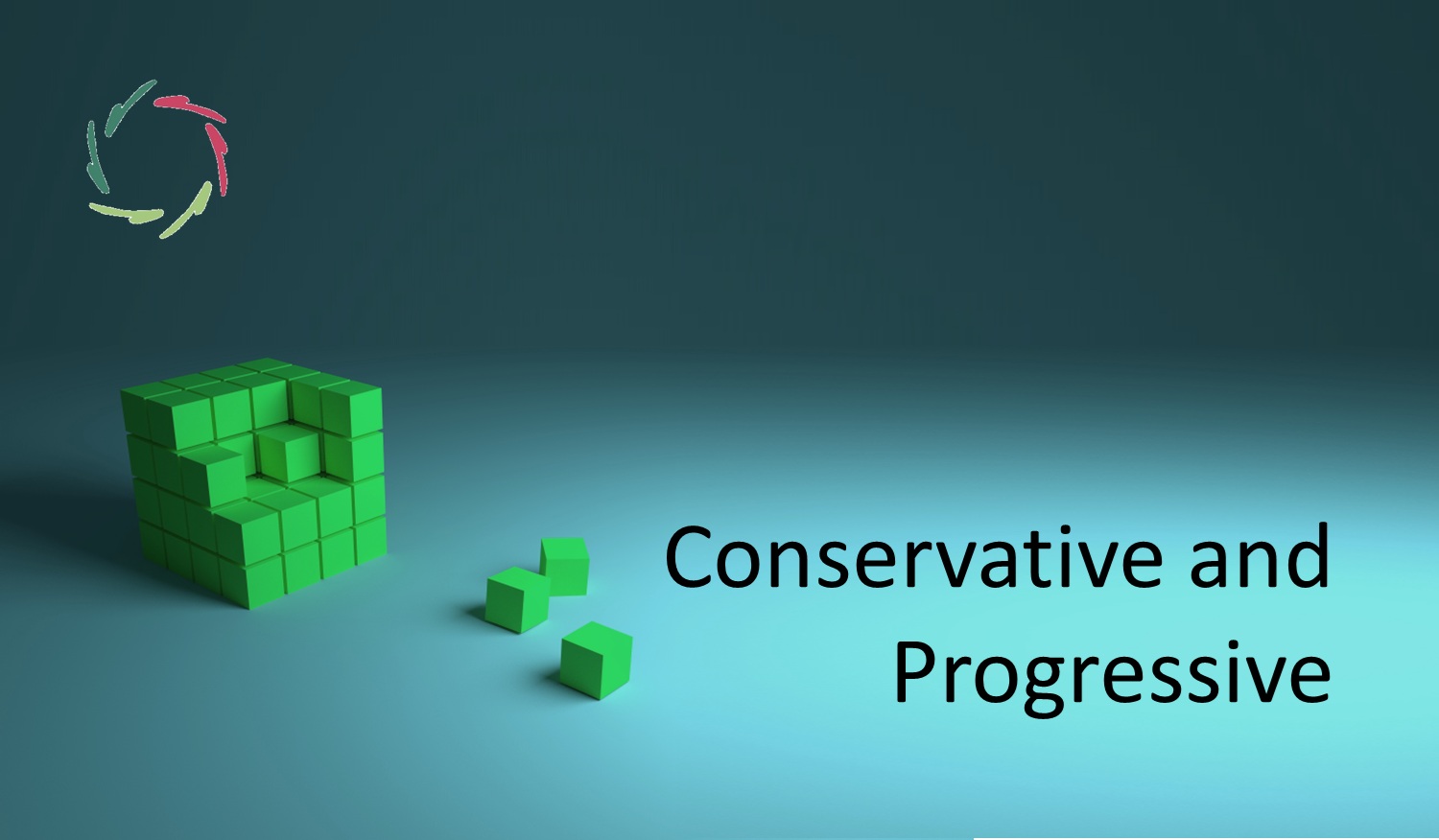The Difference between Work and Job

A job is a job. Work is, broadly seen, the production of something meaningful within a specific structure and using energy.
In this sense, work has been essential to life from the start of life itself. The essence of life is 1) to use energy, 2) to do so within a specific structure, and 3) to accomplish something in the context of both previous points. Take out any of these three, and life ends.
Makes you think?
The machine
Work is essential to life but not exclusive to life. A machine can also be said to ‘work,’ this is, to perform work if the three elements come together. For instance, a well-functioning engine has a distinct structure, uses energy, and accomplishes what it is intended to do. Take out any of these, and the machine is useless.
Life adds to this a goal, namely the goal to continue using energy to do the work within the constraint of a somehow durable structure. A machine doesn’t have a goal by itself. A (living) user may put the goal to the matter. The ‘goal’ of any machine is the goal of its user who, alone, is the agent of the doing.
The bacterium
A bacterium takes in energy (food), uses a structure (the elements of the cell), and performs work (using the energy to maintain the structure).
Within this interplay, the bacterium maintains its life. The essential goal of bacterial life is to continue doing so for a long time.
The human
The same counts for a person at the bodily level. This is also the essence of human life, and work is part of it. We don’t live to work, but we work to live… [Which is not altogether true, but true enough for the argument. In reality, to be alive is to have a working body.]
Of course, a human has many more levels of complexity than a bacterium. At any of these levels, the same scheme exists. One uses some energy, maintains some structure, and performs some work in a meaningful way.
Humans are seekers of meaning. This level of meaningfulness is crucial to us. Therefore, we certainly need the threesome also at this level. Without meaningful work, people feel useless and may fall into a void filled with a lack of self-respect, called burnout.
Where does a job fit into this?
In my country (Belgium), since a few months, there have been more people on chronic sick leave – mostly for psycho-somatic reasons – than jobless. They have jobs but don’t work on the job. A job is clearly not the same as work. People can also have an actual job without working (filling the hours with nothing). On the other hand, people can, and many do work without having a job.
Of course, people never had jobs until quite recently (few centuries or millennia) and did well without them.
The present (ethical?) concern is that “AI will take our jobs and people will not get new ones.” Surely, in a future with autonomous A.I. encompassing the whole production process, few jobs will be necessary for humans to do. Since people principally don’t need jobs, that may be the best that can happen to us.
Thus, people will not need to work, but people will still need work. If you look at it very critically, that might actually be the case to a huge degree already now.
It’s ethical to take away all jobs. It’s not ethical to take away all work.
So, toward a humane future, it will be necessary to dissociate work from job explicitly. If that gets done, then – without demotivation – people will need no motivation to work because it is what life is about.
But of course, this doesn’t come as a free lunch (in contrast to the lunch itself). The proper support will still be needed to avoid demotivation and to let motivation spontaneously flourish.
This proper support is Compassionate coaching.
Are we ready?


